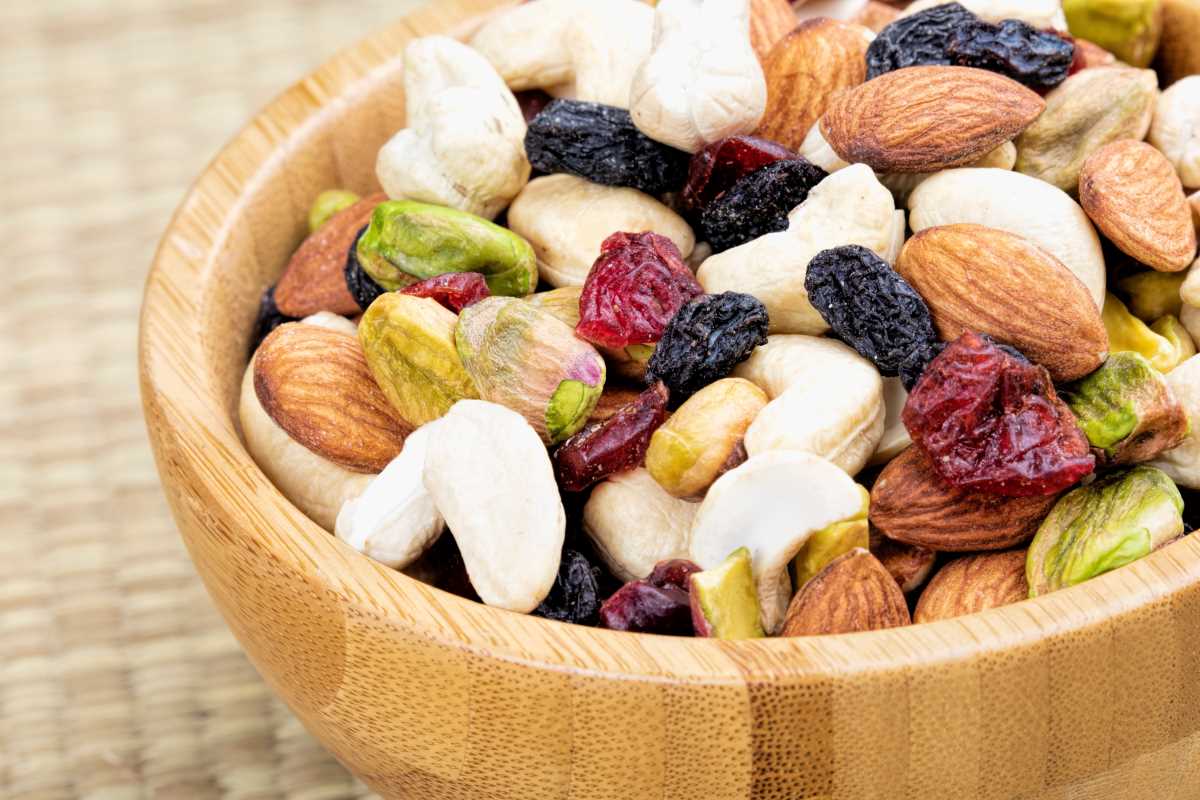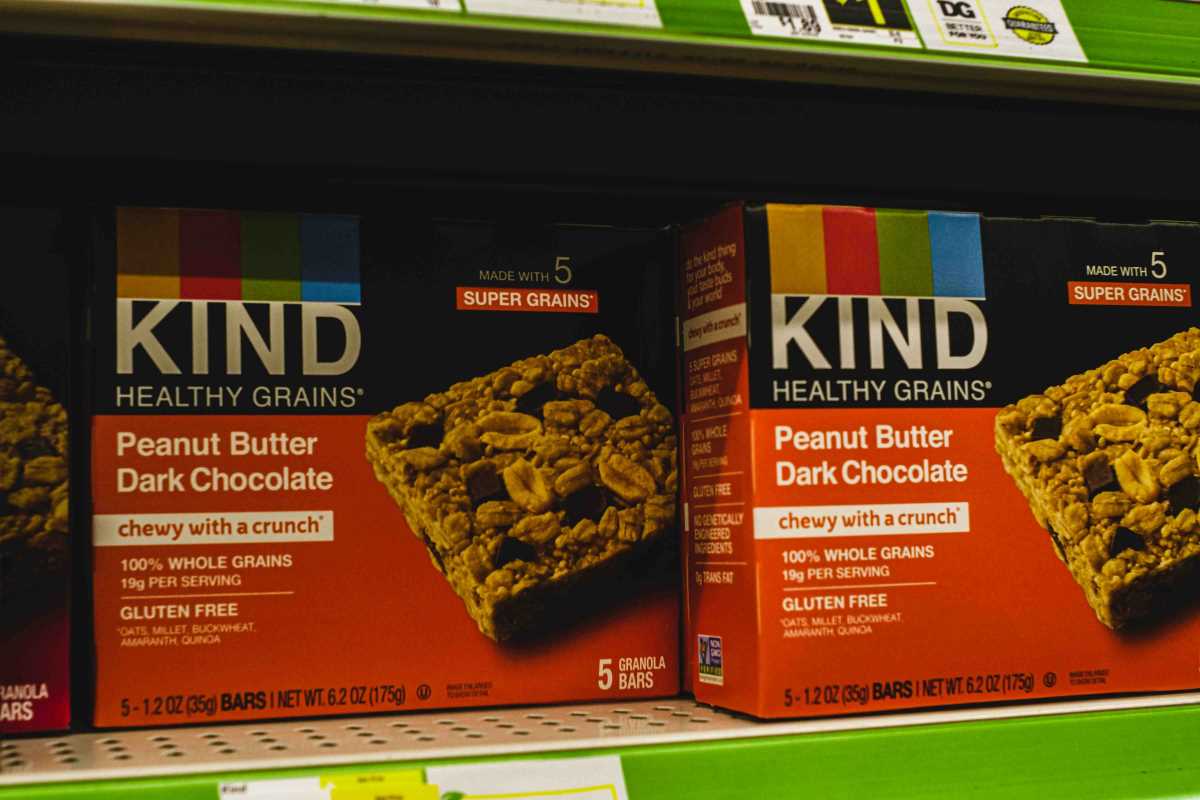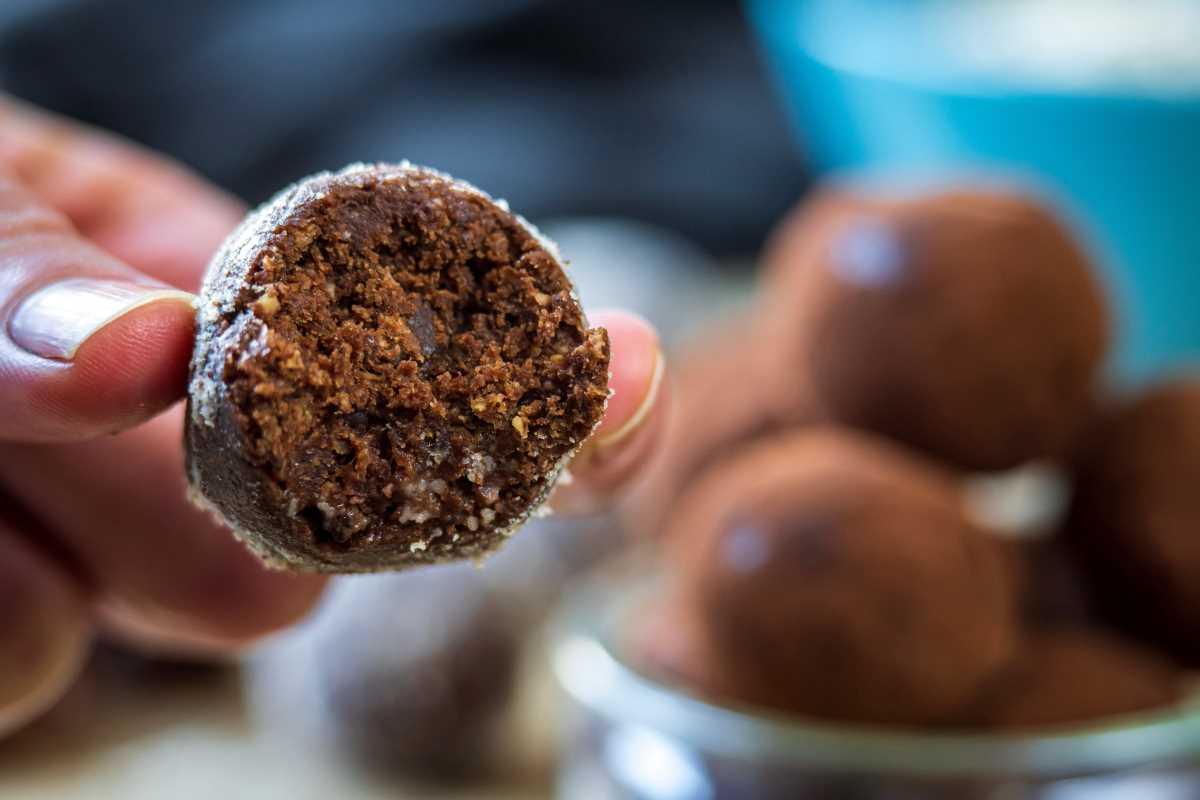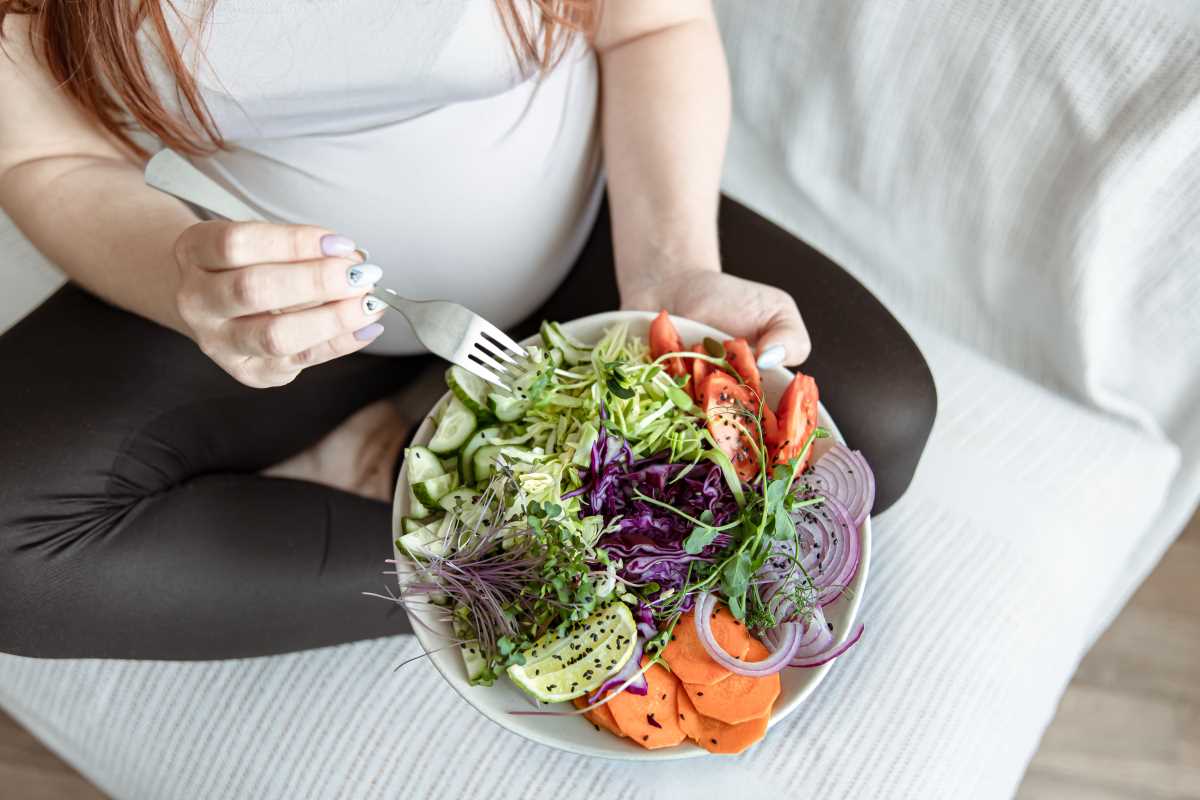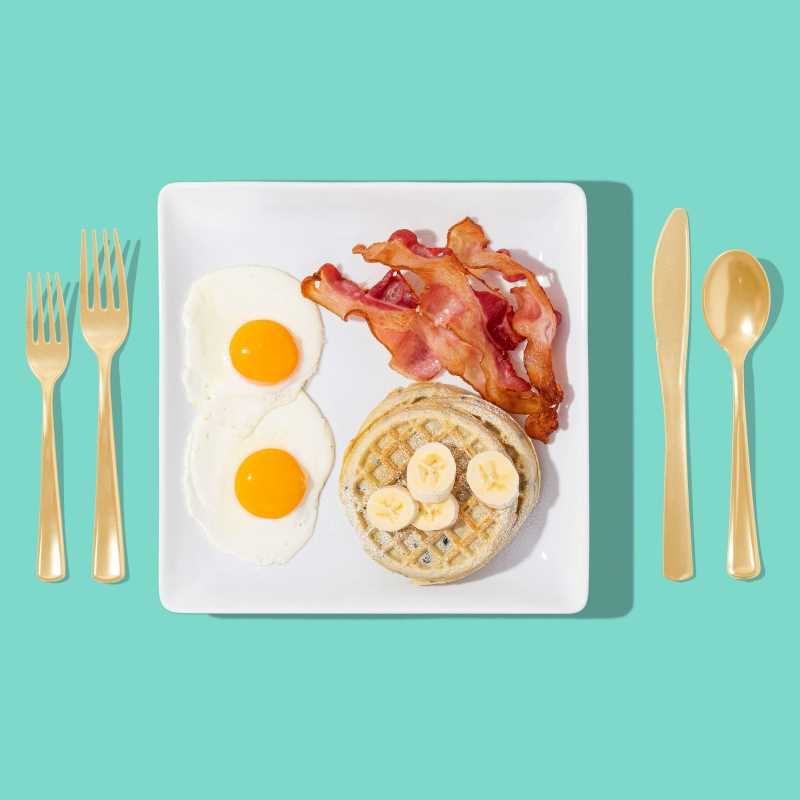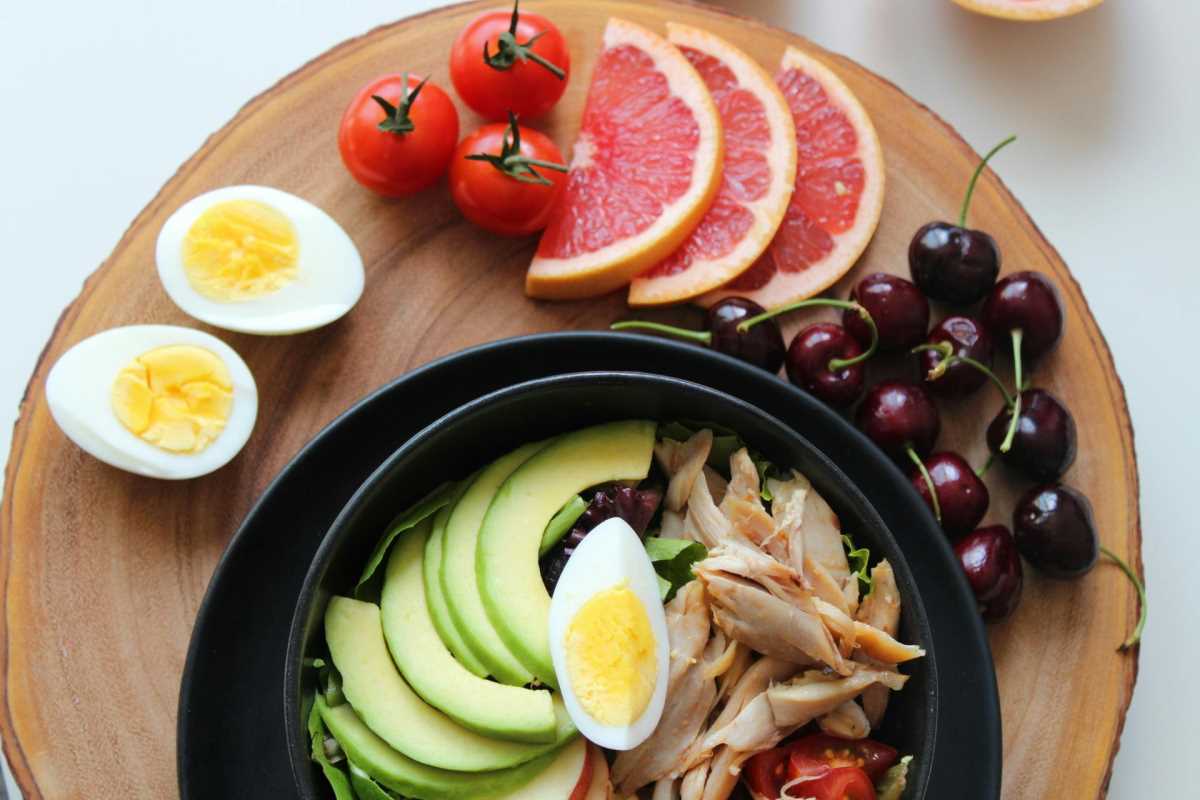You know that feeling when you're crushing your workout one day, then barely making it through the next? The difference might not be your motivation or sleep – it could be what you ate. Or didn't eat. Food is fuel. Simple as that. What you put in your body before and after exercise can make or break your performance, recovery, and results. You don't need to become a nutrition scientist or meal prep obsessive. You just need to understand the basics and make smart choices that work for your life.
You'll discover which foods power your best workouts, learn what your muscles crave after training, and get simple meal ideas that actually taste good. Ready to fuel your body like the amazing machine it is? Let's dig in.
Why Workout Nutrition Matters
Your body runs on fuel, just like a car. Feed it premium fuel, and it performs beautifully. Give it low-quality or no fuel, and you'll sputter along wondering why everything feels so hard.
Research from the International Society of Sports Nutrition shows that proper workout nutrition can improve performance by up to 25% while reducing fatigue and speeding recovery. That's the difference between feeling amazing during your workout and barely making it through.
When you eat the right foods at the right times, you're supporting every system in your body. Your muscles get the energy they need to contract powerfully. Your brain stays sharp and focused. Your cardiovascular system can deliver oxygen efficiently. Everything works better together.
Skip the fuel, and your body starts breaking down its own muscle tissue for energy. That's literally the opposite of what you want from exercise. Proper nutrition protects your muscles while helping them grow stronger.
Pre-Workout Nutrition: Setting Yourself Up for Success
What you eat before exercise determines how you'll feel during your workout. The goal is providing steady energy without causing digestive distress or blood sugar crashes.
The Science of Pre-Workout Fuel
Your muscles store energy in the form of glycogen – essentially sugar that's been packaged up for later use. During exercise, your body breaks down this glycogen to fuel muscle contractions. When glycogen stores run low, you hit that wall where everything suddenly feels impossible.
Studies from the American College of Sports Medicine demonstrate that eating carbohydrates before exercise helps maintain blood sugar levels and delays fatigue. But timing and type matter enormously.
Your digestive system also competes with your muscles for blood flow. Eat too much too close to your workout, and you'll feel sluggish as your body diverts energy to digestion. Eat too little or too early, and you'll run out of steam halfway through.
Best Pre-Workout Foods for Energy
The ideal pre-workout foods provide steady energy without weighing you down. Think easily digestible carbs paired with a small amount of protein for staying power.
Complex carbohydrates work best:
- Oatmeal with berries provides sustained energy release
- Whole grain toast offers quick fuel without the crash
- Bananas deliver natural sugars plus potassium for muscle function
- Sweet potatoes provide complex carbs with bonus nutrients
Add lean protein for endurance:
- Greek yogurt helps stabilize blood sugar
- A handful of nuts provides protein and healthy fats
- Hard-boiled eggs offer complete protein in a portable package
- Nut butter adds staying power to carb-based snacks
Research from the Journal of Sports Science shows that combining carbs with protein before exercise improves endurance by 9% compared to carbs alone. The protein helps slow carb absorption, providing more stable energy.
Timing Your Pre-Workout Meal
When you eat matters as much as what you eat. Your body needs time to digest and convert food into usable energy, but not so much time that you're running on empty.
For larger meals (300-500 calories):
Eat 2-4 hours before exercise. This gives your body time to fully digest while ensuring energy stores remain topped off. Think a balanced meal with complex carbs, lean protein, and some healthy fats.
For smaller snacks (150-300 calories):
Eat 30-60 minutes before your workout. Focus on easily digestible carbs with minimal fat and fiber to avoid digestive issues. A banana with nut butter or Greek yogurt with berries work perfectly.
For quick energy (under 150 calories):
Eat 15-30 minutes before exercise. Stick to simple carbs that your body can use immediately. A few dates, a small banana, or some dried fruit provide quick fuel without stomach distress.
Listen to your body and adjust timing based on how you feel. Some people can eat right before exercise while others need more time. Find what works for you and stick with it.
Post-Workout Nutrition: Recovery and Growth
After you finish exercising, your body shifts into repair mode. Your muscles have tiny tears that need fixing. Your energy stores need refilling. Your entire system craves the nutrients it needs to come back stronger.
The Recovery Window Reality
You've probably heard about the "anabolic window" – that magical 30-60 minutes after exercise when your muscles supposedly soak up nutrients like a sponge. While this window exists, it's not as narrow or critical as once believed.
Recent research from the Journal of the International Society of Sports Nutrition shows that your muscles remain primed for recovery for several hours after exercise. You don't need to chug a protein shake the second you finish your last rep. But you shouldn't wait all day either.
The key is getting quality nutrients within 2 hours of finishing your workout. This timeframe allows your body to start the recovery process efficiently while being realistic about busy schedules and real life.
Protein: Your Muscles' Best Friend
After exercise, your muscles are literally broken down at the microscopic level. This breakdown is actually a good thing – it's how your body gets stronger. But you need protein to rebuild those muscles bigger and better than before.
Research consistently shows that consuming 20-30 grams of high-quality protein after exercise optimizes muscle protein synthesis – the process of building new muscle tissue. More isn't necessarily better; your body can only use so much at one time.
Best post-workout protein sources:
- Lean meats like chicken or turkey provide complete amino acids
- Fish offers protein plus omega-3 fatty acids for reduced inflammation
- Eggs contain all essential amino acids in perfect proportions
- Greek yogurt delivers protein plus probiotics for gut health
- Plant-based options like hemp seeds or quinoa work great for vegetarians
The type of protein matters too. Complete proteins containing all essential amino acids support recovery better than incomplete proteins. If you're plant-based, combine different protein sources throughout the day to get all amino acids.
Carbohydrates: Refueling Your Tank
While protein rebuilds, carbohydrates refuel. During exercise, you deplete those glycogen stores we talked about earlier. Post-workout carbs help restore these energy reserves so you're ready for your next training session.
Studies show that consuming carbs within 30-60 minutes after exercise speeds glycogen replenishment by up to 50% compared to waiting. This becomes especially important if you're training frequently or doing multiple sessions per day.
Smart post-workout carb choices:
- Fruits like berries or cherries provide carbs plus antioxidants
- Sweet potatoes offer complex carbs with beneficial nutrients
- Rice provides quick-digesting carbs for rapid glycogen replacement
- Quinoa delivers carbs plus complete protein in one package
- Chocolate milk combines fast and slow-digesting carbs with protein
The amount of carbs you need depends on your workout intensity and goals. After intense training, aim for 0.5-0.7 grams per pound of body weight. For lighter sessions, less is fine.
Hydration: The Often Forgotten Essential
Water might be the most important post-workout nutrient. You lose fluids through sweat and breathing during exercise, and even mild dehydration impairs recovery and performance.
Research from the American Council on Exercise shows that losing just 2% of your body weight through fluid loss decreases performance by 10-15%. That's just 3 pounds of water loss for a 150-pound person.
Hydration guidelines:
- Weigh yourself before and after exercise to estimate fluid loss
- Drink 16-24 ounces of fluid for every pound lost
- Plain water works fine for sessions under an hour
- Add electrolytes for longer or intense sessions
- Monitor urine color – pale yellow indicates good hydration
Don't wait until you feel thirsty to drink. Thirst is a late indicator of fluid needs. Sip consistently throughout the day and pay extra attention after exercise.
Pre-Workout Meal and Snack Ideas
Knowing what to eat is one thing. Actually preparing and eating it is another. These practical options fit different schedules, preferences, and workout times.
Quick Pre-Workout Snacks (30-60 minutes before)
Banana with almond butter
The banana provides quick carbs while almond butter adds staying power. This combo is portable, tasty, and easy to digest.
Greek yogurt with berries
High-quality protein plus natural fruit sugars create sustained energy. Add a drizzle of honey for extra quick carbs if needed.
Apple slices with peanut butter
Another winning carb-protein combination that travels well and tastes like dessert. Choose natural nut butter without added sugars.
Homemade energy balls
Mix dates, oats, and nut butter into bite-sized balls. Make a batch ahead of time for grab-and-go fuel.
Substantial Pre-Workout Meals (2-3 hours before)
Oatmeal with fruit and nuts
Steel-cut oats provide complex carbs while nuts add protein and healthy fats. Top with berries for antioxidants and natural sweetness.
Whole grain toast with avocado and egg
This combination delivers all three macronutrients in perfect balance. The healthy fats help slow carb absorption for steady energy.
Sweet potato with black beans and salsa
A veggie-packed option that provides complex carbs, fiber, and plant protein. Add lime and cilantro for extra flavor.
Quinoa bowl with vegetables and chicken
Complete protein from quinoa and chicken supports muscle function while vegetables provide micronutrients and fiber.
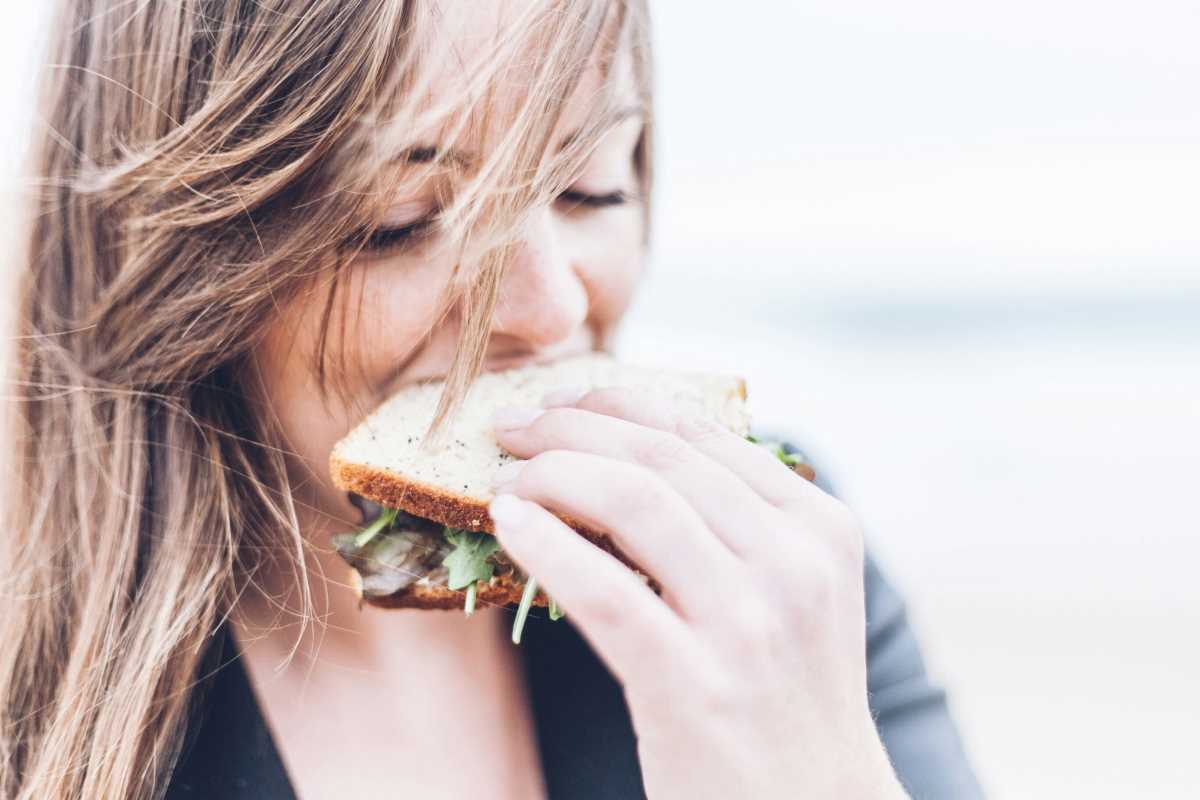 (Image via
(Image via